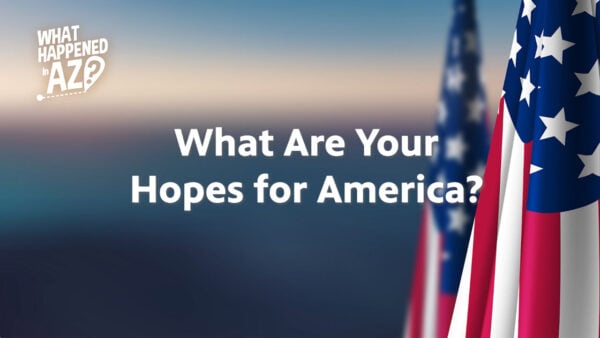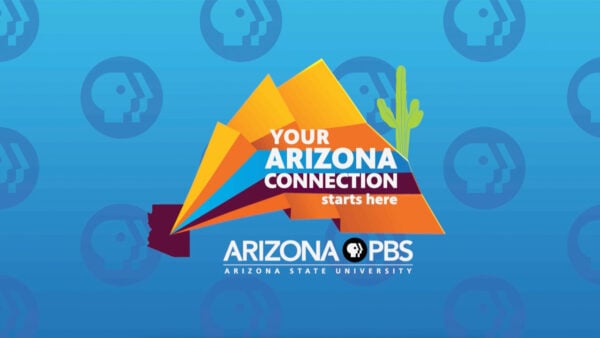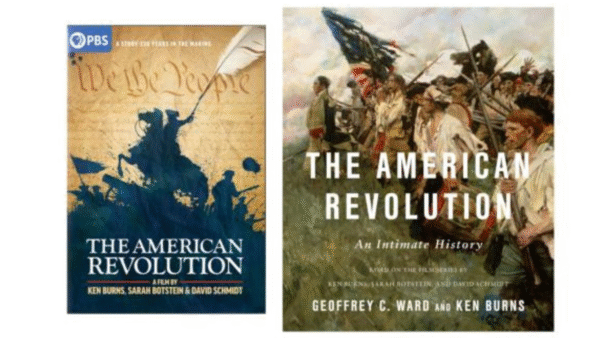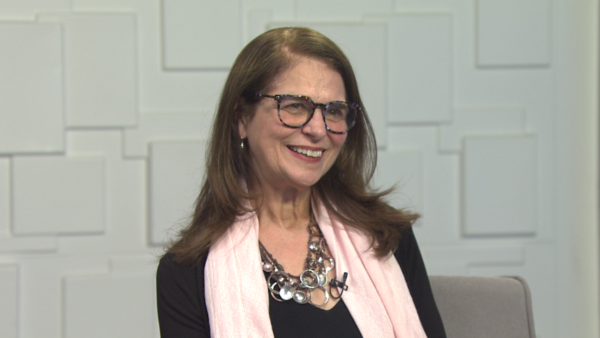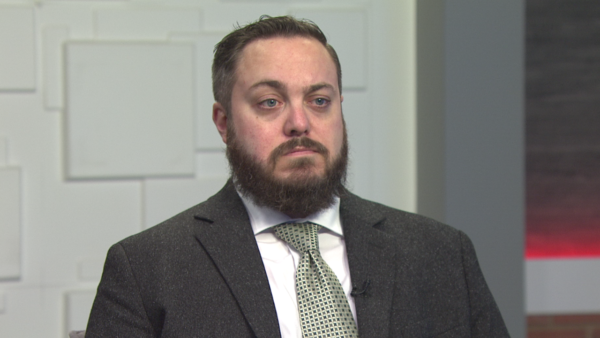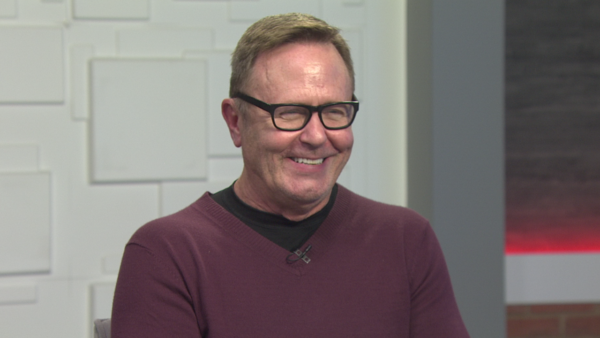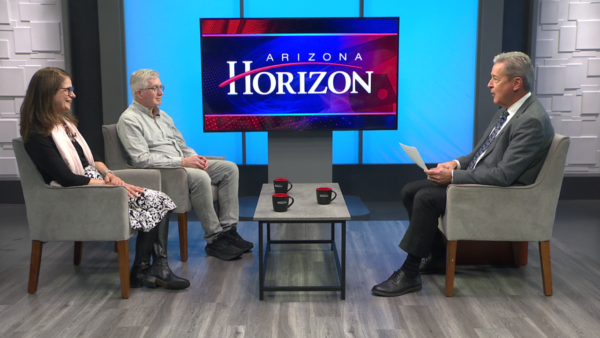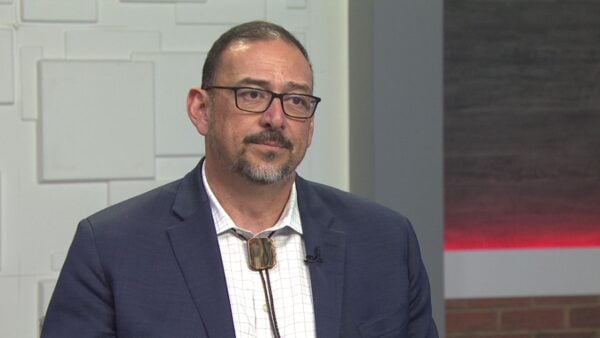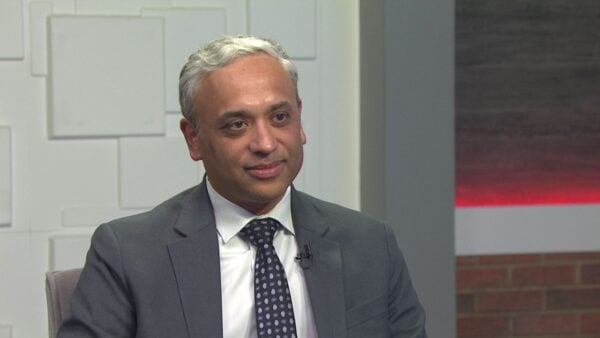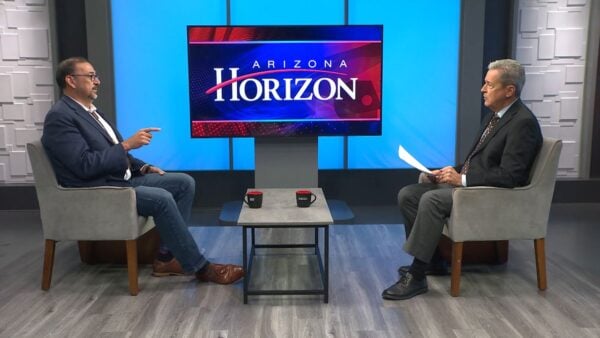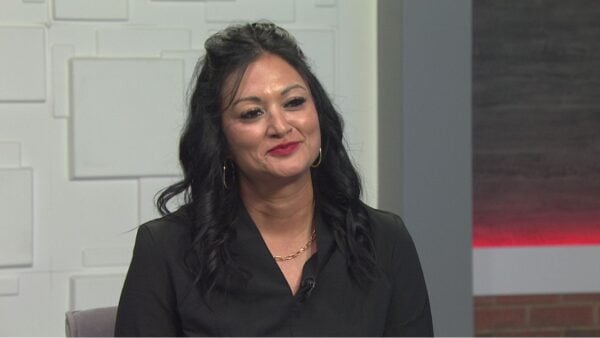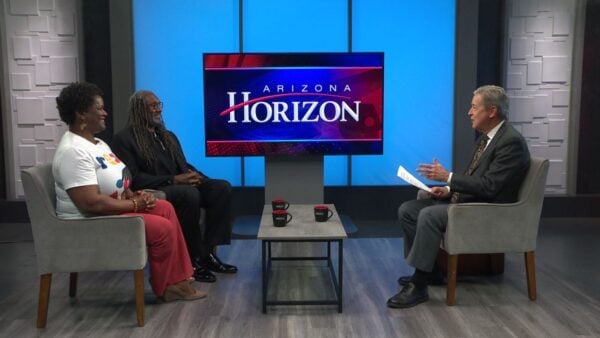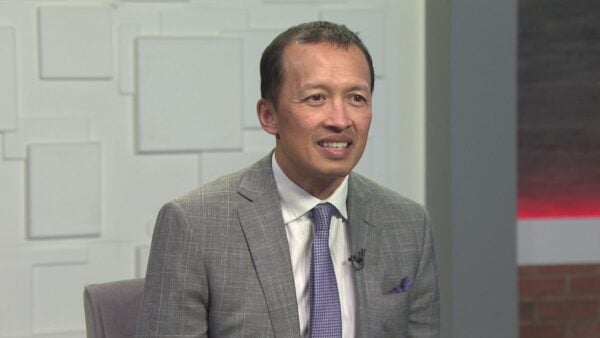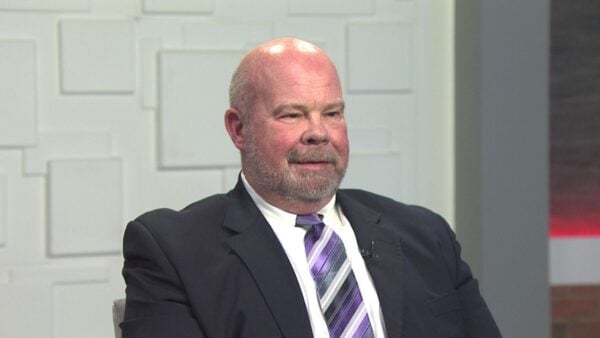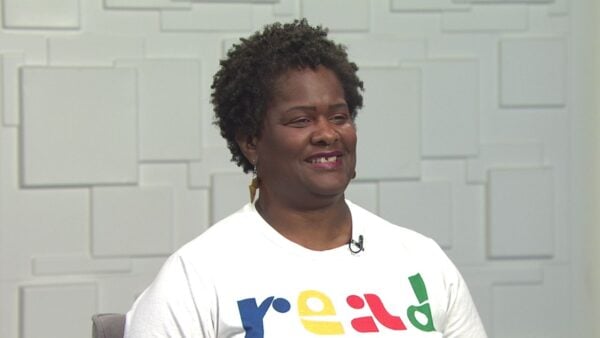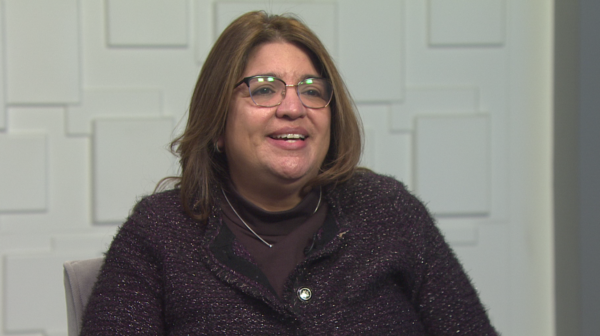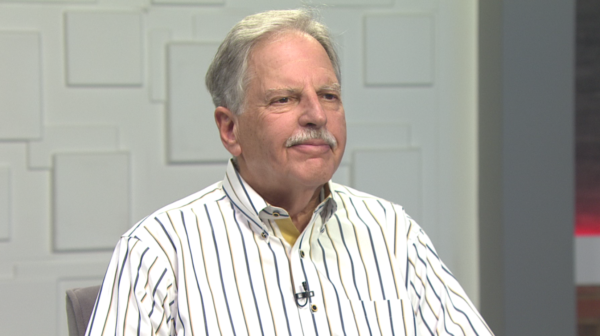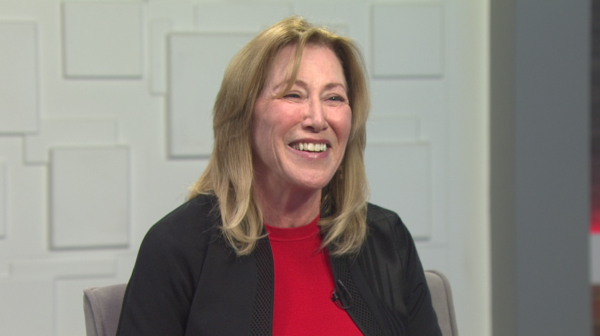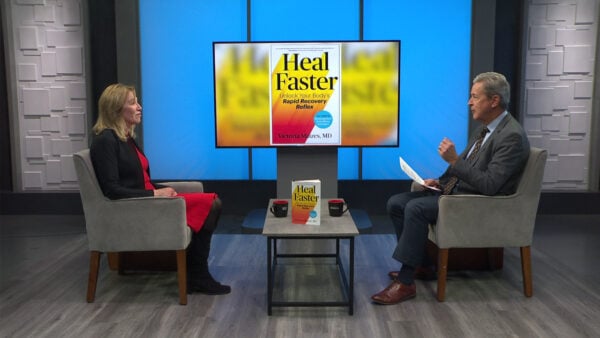A study by Stanford University’s Center for Research on Education Outcomes shows that students at online charter schools are not seeing academic growth in key areas of learning. David Garcia, an associate professor at the Mary Lou Fulton Teachers College at Arizona State University, will talk about the issue.
TED SIMONS: A study by Stanford University's center for research on education outcomes shows that students at online charter schools are not seeing academic growth in key areas of learning. Here to discuss the study is David Garcia, associate professor at ASU's Mary Lou Fulton Teachers College. Good to see you again.
DAVID GARCIA: Thank you. Good to see you.
TED SIMONS: We should mention this group is from Stanford. This is a group that is not necessarily anti-charter. As a matter of fact, they might be a little bit pro charter school. What are they saying here?
DAVID GARCIA: You're right, it's a group out of Stanford, the center for research on educational outcomes and they have put out a number of studies on charter schools, many of them positive. In this particular case, they looked at comparing online charter schools nationally. There are about 17 state that were in the study, including Arizona. And comparing those result to brick-and-mortar traditional public schools and brick-and-mortar charter schools. And what they found is pretty negative, all the way around. They found that students who attend online charter schools compared to brick-and-mortar students in buildings lost in reading 72 days of learning and in math it's 180 days. That's a school year.
TED SIMONS: They lost 180 days of learning in math over 180 days school year. It's like they never showed up.
DAVID GARCIA: It's effectively losing a school year, that's correct.
TED SIMONS: Why is this happening? It has to be the online nature but what's going on here?
DAVID GARCIA: What they did to test that is they compared the online charter schools to traditional public schools like I mentioned as well as charter schools to try to find out is it because of the charter schools or the online nature. They come to the conclusion that it's being online. Being online is such an unique place and I should mention, students, Hispanics, minority students who are English language learners actually lost more time. So even more difficult for students who are harder to educate when you move on to an online environment.
TED SIMONS: So an online success story regarding online charter schools the exception rather than the rule?
DAVID GARCIA: They say it's the exception. There is not one state they found that had negative gains or growth in mathematics and only three in reading. And so in every case -- they also looked at different policies. They looked at policies that they thought could have a relationship to more positive outcomes. What they found is if somebody's monitoring, there's a slight positive gain. If it self-paced, there's a slight positive gain. Interestingly if parents are expected to be part of instruction, there's a negative gain.
TED SIMONS: Really?
DAVID GARCIA: And everything else was not meaningful in terms of trying to explain these results.
TED SIMONS: Is the flexibility of scheduling that you get with online instruction -- I would imagine some would see that as a blessing. Is it also a curse?
DAVID GARCIA: That's the challenge. The challenge here is it requires I think the thought is policy makers, especially as we started to move more towards using online medium in education, this is going to revolutionize education. The challenge, however, is you still need to give a lot of support to students who are learning through an online environment and homes in which parents are not prepared for that kind of support did not do well in this study. In addition, you've got to keep in mind that the thought at least has been historically that the goal was to give instruction. In other words, it was one dimensional. Real education is interactive. And it is a combination of both learning and talking and discussion that I think is most effective.
TED SIMONS: The report seems to suggest that current oversight practices for online charters not enough and more accountability needs to be required because it's expanding quite a bit.
DAVID GARCIA: They said both. They said that expansion should be halted until states get a handle on how the online schools in their state are doing and that oversight needs to be looked at universally. Like I mentioned very few positives in the report.
TED SIMONS: Because when you think about it there's really no natural restraint on expanding online schools. I mean, it's not like you need to build a new building. It's just basically sign some kid up and make sure they've got a computer.
DAVID GARCIA: And there is no natural constraint. As a result, the thought was it was going to grow, I heard policy makers talking about it taking over brick-and-mortar schools. Hybrid classes I think are very positive way to go where you harness the capabilities of the Internet, you harness the capability of learning online, yet you still have face-to-face interaction. It's a model that I think is a nice sweet spot for instruction.
TED SIMONS: How prevalent are online K-12 schools, charter schools in Arizona?
DAVID GARCIA: They are pretty prevalent. I was looking for a count, I couldn't get a specific count but it's a sector that has been growing. As I mentioned, nationally, the report says it's about a percent, a little less than 1% of students but continuing to grow.
TED SIMONS: From a distance it seems like an atypical student -- your typical students necessarily, don't want to get too generalized but they're usually going to the brick and mortar charters and public schools whereas it's maybe an atypical student who's staying home. Is that accurate and, if so, this is not good news for them.
DAVID GARCIA: I think it is more of an atypical student. That's one of the recommendations that came out of this study is they've got general demographic indicators for the students, things we know, special education status, etc., don't know a lot about the home environment of students, don't know a lot about the learning styles of students. And one of the good recommendations out of the study is we need to learn more about the student, about the student as a learner to make sure they're a good match for online learning before they're allowed to enroll and take online courses.
TED SIMONS: Last point, it sounds like families and students, you've got to be more disciplined when it comes to online education.
DAVID GARCIA: I think you need to be more disciplined. As I mentioned, it requires more support. If you have a student who is struggling in the classroom, getting them on a computer is not going to solve those same issues. The support is going to be necessary for that student to be successful.
TED SIMONS: Considering the study, who did the study, the outcomes, it's a big story?
DAVID GARCIA: I think it is. I think it's one where we need to check what we're doing with regard to online education. I think that oversight, as I mentioned, is going to be important and that match, making sure that parents because I haven't seen much that has been out for parents to have them understand what does it take for your student to do well in online?
TED SIMONS: Good stuff, good to have you here.
DAVID GARCIA: Appreciate it.
David Garcia: Associate professor at the Mary Lou Fulton Teachers College at Arizona State University

